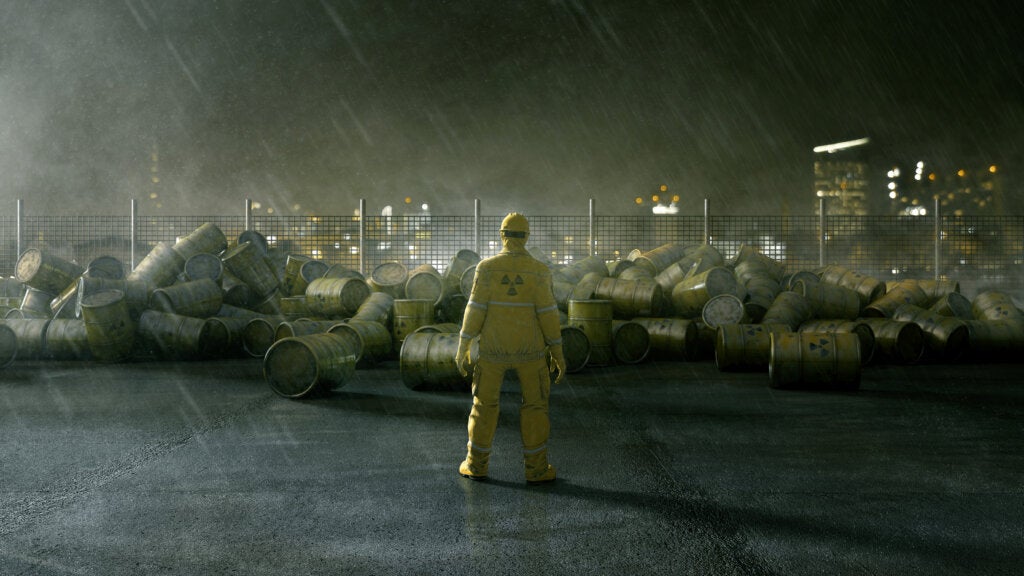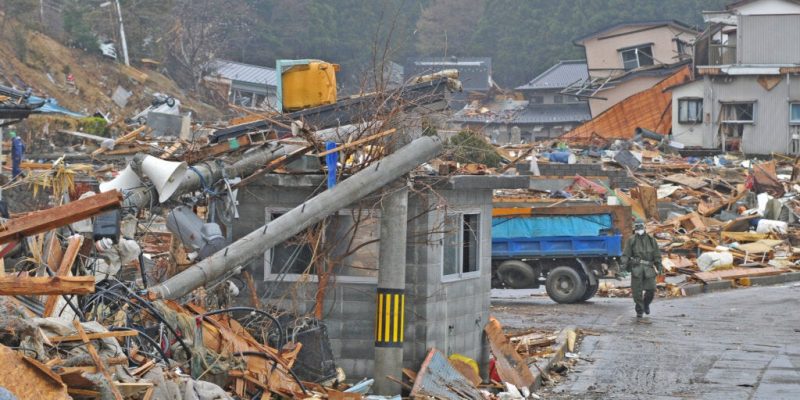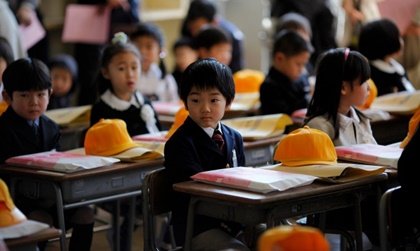The first thing the Fukushima heroes taught the world is that Japan and the West think in a radically different manner when it comes to heroism. In fact, Western newspapers baptized these men and women as heroes. However, in Japan, they showed a certain contempt for them and didn’t see their sacrifice as surprising.
Surrounding this group of heroes, are two frequently repeated words: duty and honor. Both terms allude to values that are deeply rooted in Japanese culture. They don’t consider these qualities as unusual but as an ethical minimum with which all Japanese must comply.
The team was clearly aware that, sooner or later, this task would cost them their lives. They were exposed to a level of radiation that causes serious diseases, mainly cancer. They knew perfectly well what they were risking, but the feeling of duty to others prevailed in them, which is synonymous with honor in their culture.
“Show me a hero and I’ll write you a tragedy.”
-F. Scott Fitzgerald-
The tragedy in Japan
The Fukushima tragedy is considered one of the two great nuclear disasters in history, along with Chernobyl. Atomic bombs don’t count in this respect, because they were deliberately dropped for war purposes. In Fukushima and Chernobyl, albeit with the complicity of human error, what happened were accidents.
On March 11, 2011, Japan suffered a magnitude 9.0 earthquake, which gave rise to a devastating tsunami, on the northwest coast. This led to malfunctions at the Fukushima Nuclear Power Plant, owned by the TEPCO company. There was an electrical failure in the main system and the water carried by the tsunami knocked out the emergency electrical systems.
This led to the collapse of the plant’s refrigeration. The consequence was a series of explosions which, in turn, led to a release of radioactive contamination. The area was fully evacuated, but the danger of a large-scale nuclear explosion forced many TEPCO workers to return to the site to avoid it.
The Fukushima 50
Originally, 180 TEPCO workers stayed behind doing everything possible to contain the disaster. They initially entered the plant in a group of 50, who were dubbed the Fukushima 50. All of them were volunteers, and many of them were retired or were close to retirement.
There was a practical reason for this: older people were obviously closer to death and cancer unleashed by radiation takes several years to appear. Based on this data, it was likely that many would die before the disease fully manifested itself. They entered wearing special suits, but these didn’t protect them from invisible radioactive particles.
Their central mission was to keep the reactors cool. However, their heavy suits didn’t allow them to move freely, and entering the disaster site was like entering hell, due to the extreme temperature, causing them severe discomfort. That said, if they didn’t prevent the plant from exploding, the consequences would be extremely serious, not only for Japan but for the entire planet.

Duty and honor
While the West called them heroes, in Japan, society’s contempt for them grew. After all, everyone in the country remembers the suffering caused by the radiation produced by the atomic bombs of which they’d previously been victims. Therefore, no one could understand how the TEPCO company had failed in the construction of the plant. They had been obliged to create foolproof systems.
For this reason, most of the Japanese thought that the least they could do was to try and fix the faults. They considered that, as members of the TEPCO company, they were obliged to assume responsibility for their carelessness. Moreover, many of the employees felt the same way. Consequently, they carried out their work with their compatriots in mind and with the idea that they were simply doing their duty.
Japanese culture doesn’t see collective life as a sum of individualities. The population sees a company and country project in which the team is the essence of everything. They don’t like ‘geniuses’ who stand out above others.
They mainly value the ability to work with and for others. Ultimately, that’s the secret of their success in the world. Indeed, collective meaning at its best is the great teaching of the heroes of Fukushima.
The post What Did We Learn from the Fukushima Heroes? appeared first on Exploring your mind.



















Comments